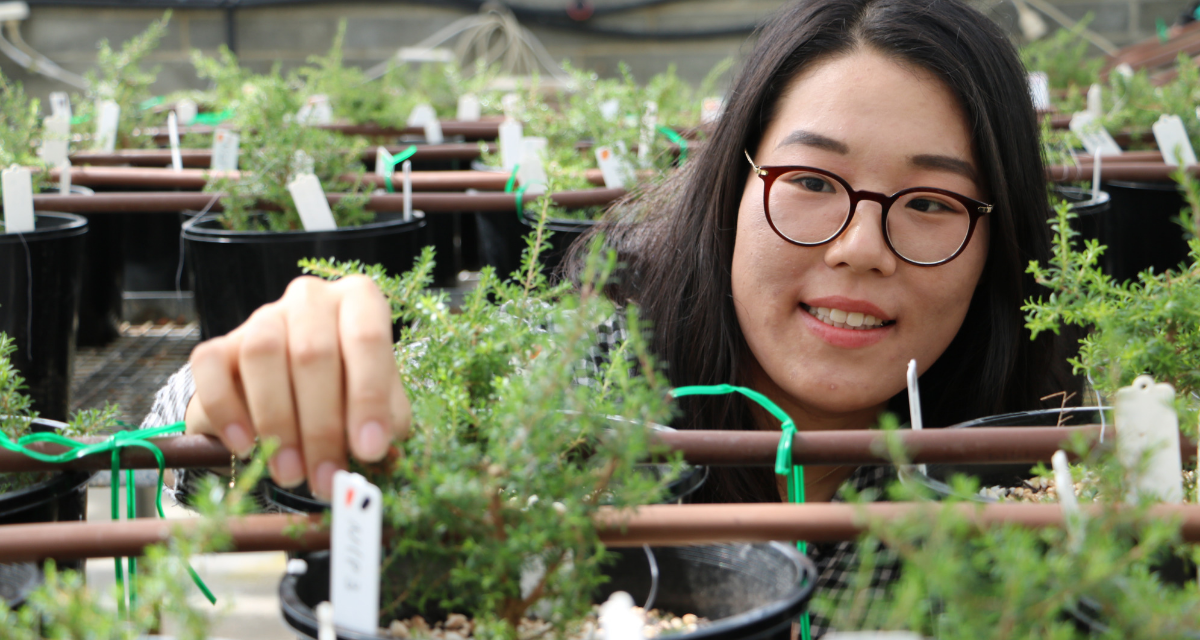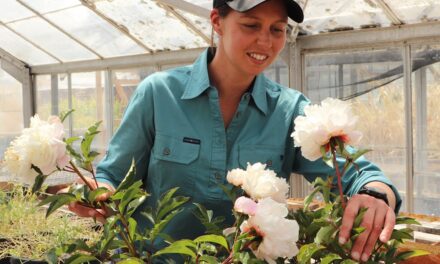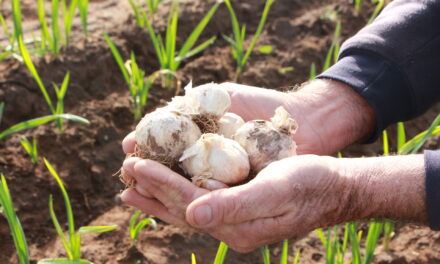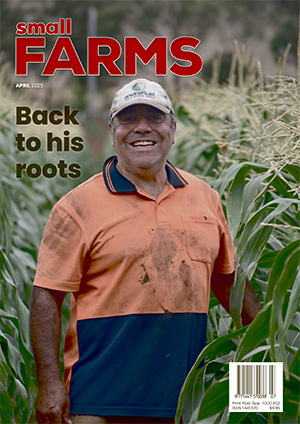A new research agreement between the Tasmanian Institute of Agriculture (TIA) and Essential Oils of Tasmania (EOT) is poised to boost Tasmania’s growing essential oils and plant extracts sector.
“This new three-year Memorandum of Understanding (MoU) will help EOT and Tasmanian producers refine existing products and develop new ones,” said TIA Professor Dugald Close.
Though the new MoU formalises the relationship, EOT and the University of Tasmania have collaborated for more than 35 years on research and development.
Tasmania has a growing, high-value and unique plant extracts industry which produces premium essential oils and extracts for many uses including fragrance, flavour, complementary medicine and oral care.
“The MoU aligns with TIA’s mission to support the development of prosperous, innovative and sustainable agriculture and communities,” said Professor Close.
TIA PhD candidate Chanjoo Park is already investigating the growing techniques that might encourage Kunzea ambigua, a unique Tasmanian native plant and a key product in EOT’s portfolio, to produce more of its special oils.
“The health benefits of Tasmania’s native plants, particularly kunzea, have been understood by the traditional owners of this land for thousands of years, so it’s exciting to be working with TIA to explore their potential,” said Simon Wells, chief executive of EOT, which processes and markets uniquely Tasmanian essential oils and extracts.
“We are in such a unique position in this market, being Tasmanian-based, where we offer pure products that are traceable back to their sources, and are produced in a sustainable, clean environment. This is becoming more and more important to our customers, both in Australia and overseas.”
EOT’s portfolio boasts four native Tasmanian plants – boronia, southern rosalina, Tasmanian native pepper and kunzea – all of which are in increasing demand throughout the world for use in fragrances, aromatherapy products, and food and drink.
TIA’s research will help the industry understand how to increase yield and quality from these native plants, as well as EOT’s well-established broadacre crops such as lavender, peppermint, fennel and parsley, all grown in various locations around Tasmania by dedicated growers the company has worked with for years.








